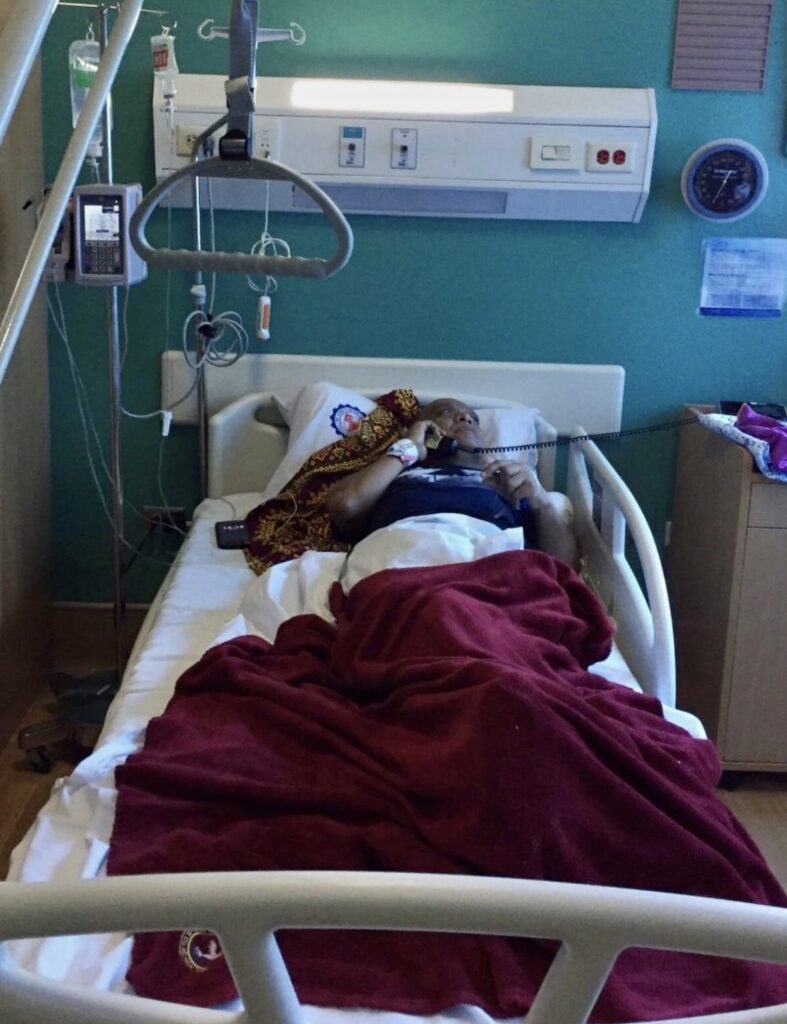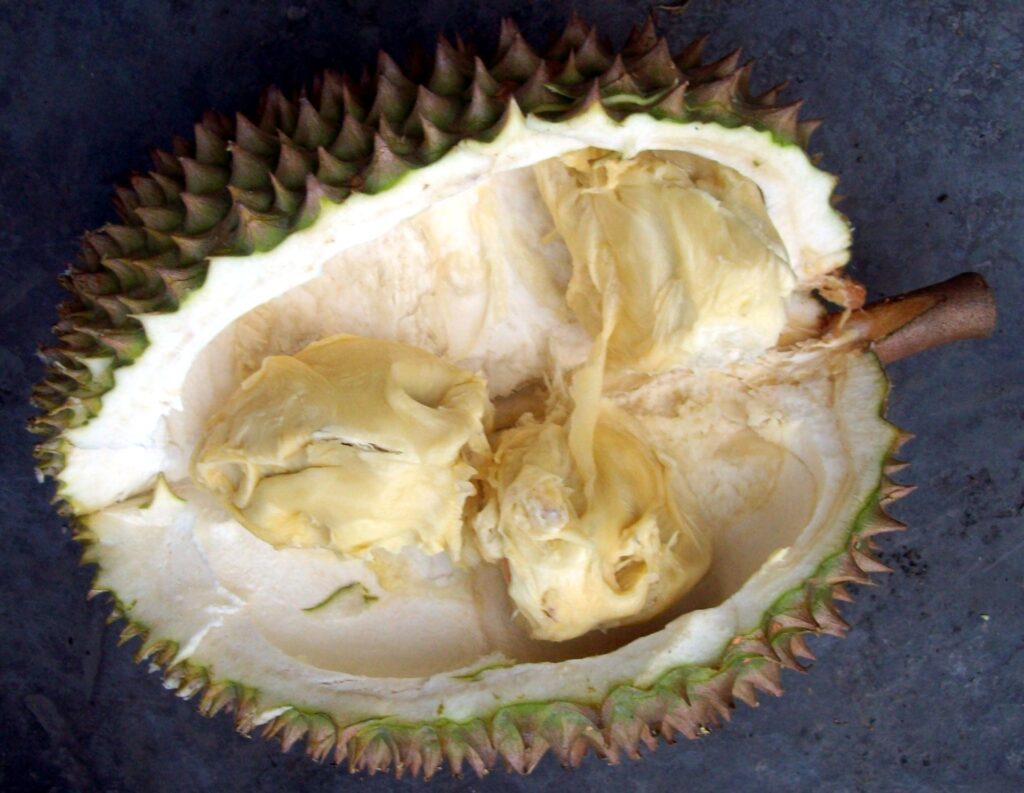Text and Photos by Henrylito D. Tacio
2021 was not just another year. The coronavirus disease 2019 (COVID-19) was still with us. But it was not as terrifying compared to the previous year, people were still in a quandary. The good thing, however, was that vaccination was already done in most parts of the country.
So much so that as most people were vaccinated, the number of those infected – including those who died – were decreasing. People started to go out. But still, people were observing the health protocols: wearing face masks, washing their hands with soap and water or alcohol, and physical distancing.
Now, let me go back in time. There were different health stories I had written during the year:
Topping the list was the revelation of Dr. Teofredo “Doc Ted” Esguerra, an advisory council member at the International Disaster Response Network. In “Portrait of a COVID-19 Survivor”, he shared his experience on how he survived the ordeal. Even if he was a doctor, he was not spared being infected by the SARS-CoV-2, the coronavirus that causes COVID-19 and called so because it is a distant relative of severe acute respiratory syndrome virus.
“Ang COVID ay grabe ‘yung tama sa katawan, hirap na hirap akong huminga dahil ang ubo ko ay walang katapusan,” Doc Ted revealed. “Hindi ka pa nakakabawi ng hangin, uubo na ulit. Parang mas masarap pa na mamatay ka na lang kasing sobrang hirap.”
There was no way of stopping his dry cough, which brought his oxygen saturation down. “It was so agonizing that I was hooked on supplemental oxygen 24/7,” he admitted.
“How COVID-19 can be curtailed” was another memorable piece. It took me some time to write the story since I waited for the answers from my sources. But the good thing was that they answered on time.
On vaccination, Dr. Teodoro J. Herbosa, special adviser of the National Task Force Against COVID-19, replied: “Vaccination protects people from severe illness and death. Because vaccinated persons have a shorter illness and lowest viral load, there seems to be some level of transmission blocking as well.”
On handwashing, Dr. Francis Lagudas, a doctor who works in a government hospital in Sarangani Province, shared this thought: “Our hands are the main pathways of germ transmission in taking care of our sick patients. As such, hand washing plays an important role in preventing the spread of any infection like COVID-19.”
On wearing a face mask, Dr. Rafael R. Castillo, who was also a COVID-19 patient, explained: “Intuitively and through science, one can find enough reason to continue wearing face masks to curb the transmission of COVID-19.”
On physical distancing, Dr. Jun R. Ruiz, a gastroenterologist with The Medical City, said: “The practice of social and physical distancing slows down the spread of the virus by stopping the chains of transmission. Thus, it is a must to maintain at least one-meter physical distance between yourself and others to reduce your risk of infection, especially when they speak, cough, or sneeze.”
On staying at home, Dr. Paolo Dilera, an internal medicine physician whose clinic is in Metro Davao Medical and Research Center, stated: “Staying at home is important as it lessens our exposure and decreases the chance of getting infected with SARS-CoV-2.”

Dr Esguerra confined 
Delicious durian
One bad thing about COVID-19 was that other diseases were neglected. Take the case of tuberculosis (TB), which, according to the World Health Organization (WHO), killed more than a million. “TB deaths have increased for the first time in a decade as a direct result of COVID-19 pandemic,” the UN health agency admitted.
In “TB in the time of COVID-19 pandemic” (November 12), the Department of Health reported that about 75 Filipinos die from TB each day – that’s about three people per hour. “Tuberculosis remains the biggest killer in the world,” the Davao Doctors Hospital said on its website. “The Philippines ranks 8th in the world and third in the Western Pacific Region in terms of the burden of TB.”
Another health problem that was neglected was diabetes. An estimated 7.3 million Filipinos have diabetes. Every 6 seconds, one person dies of diabetes. This is the reason why the country is touted as a “diabetes hotspot.”
Speaking of diabetes, a Filipino inventor has developed wound patches specifically for people with diabetes. It’s called Vitro Engineered Restorative Microcellulose Absorbent Covering (VERMAC). It was featured in “Low-cost yet effective wound patch for people with diabetes.”
VERMAC was originally developed to treat people with burn injuries. But now, it can also be applied for diabetics having wounds to heal faster and better. “Because of the result of narrowed blood vessels, diabetic wound healing is impaired because there is less oxygen that reaches the wound that results in slow healing,” said a statement from the Department of Science and Technology (DOST).
Another good news from the DOST is that it has developed herbal capsules that may treat the dreaded dengue fever. That was the gist of the feature, “Herbal capsules vs. dengue may soon be available.”
“Once proven safe and effective, the herbal capsule will be the first definitive treatment for dengue,” said the DOST in a statement. “It could pave the way for use in cases showing warning signs and even in severe types.”
Because of COVID-19, most people don’t go out and prefer to stay home. Now, are the drugs they bought in the past still alright? This question is answered in the feature, “Are expired drugs still safe to take?”
“Expired medical products can be less effective or risky due to a change in chemical composition or decrease in potency,” explained Sherunda Lister of the Office of Communications at the US Food and Drug Administration. “Improper storage can also contribute to decreased effectiveness in medicines that have not reached their posted expiration date.”
Since durian is one of the most favorite fruits of Dabawenyos, there are some questions about whether eating too much of it can cause your blood pressure to go up? This question is answered in “Does eating durian really cause hypertension?”
“Eating durian does not trigger your blood pressure to spike.” That’s according to Dr. Bernard Chiew, a noted cardiologist at the Davao Doctors Hospital.
Dr. Chiew, one of the top heart specialists in Davao, said there’s no evidence that shows durian can cause the blood pressure to increase when eating durian.
